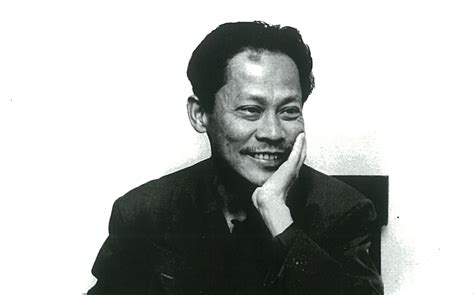A Quote by Gordon Tullock
No doubt exists that rent seeking in general leads to serious inefficiencies in this direct sense, but its indirect damage is even worse. Drawing the bulk of intelligent and energetic people in society into activity that has no social product, or may have a negative social product, is more important in explaining the stagnation of these societies than the direct social cost of the rent seeking.
Related Quotes
We destroy the most hallowed of relations, when we replace home education by social.And your education! Is not that also social, and determined by the social conditions under which you educate, by the intervention, direct or indirect, of society, by means of schools, etc.? The Communists have not invented the intervention of society in education; they do but seek to alter the character of that intervention, and to rescue education from the influence of the ruling class.
Each situation has to be evaluated separately, for all are different. In general, I believe in non-violent direct action, which involve organizing large numbers of people, whereas too often violent uprisings are the product of a small group. If enough people are organized, violence can be minimized in bringing about social change.
Anarchism is grounded in a rather definite social-psychological hypothesis: that forceful, graceful and intelligent behaviour occurs only when there is an uncoerced and direct response to the physical and social environment; that in most human affairs, more harm than good results from compulsion, top-down direction, bureaucratic planning, pre-ordained curricula, jails, conscription, states.
In its pursuit of justice for a segment of society, in disregard of the consequences for society as a whole, what is called 'social justice' might more accurately be called anti-social justice, since what consistently gets ignored or dismissed are precisely the costs to society. Such a conception of justice seeks to correct, not only biased or discriminatory acts by individuals or by social institutions, but unmerited disadvantages in general, from whatever source they may arise.
What type of new economical system can organize this system? There is another sector in our life, that we rely on every single day, that are absolutely essential: the social commons, the social economy. It is all the activity we engage in to create social capital. It doesn't create capital market. Social commons is growing faster than the market place. It is growing faster than the market place. The social commons include any activity that is deeply social and collaborative.
There are, of course, a number of epistemological questions, some of which lie more in the province of the philosopher than they do the economist or the social scientist. The one with which I am particularly concerned here is that of the role of knowledge in social systems, both as a product of the past and as a determinant of the future.
Social enables word of mouth at an unprecedented scale. Its most powerful effect, through reviews and recommendations, is to put product quality and value for money as the key to success in commerce. Social brings a level of transparency that prevents marketers from advertising their way to success without underlying product quality.
My passionate sense of social justice and social responsibility has always contrasted oddly with my pronounced lack of need for direct contact with other human beings and human communities. I am truly a 'lone traveler' and have never belonged to my country, my home, my friends, or even my immediate family, with my whole heart; in the face of all these ties, I have never lost a sense of distance and a need for solitude.
Between the Great Depression and the 1970s, private business was viewed with suspicion even in most capitalist economies. Businesses were, so the story goes, seen as anti-social agents whose profit-seeking needed to be restrained for other, supposedly loftier, goals, such as justice, social harmony, protection of the weak and even national glory.
Now culture being a social product, I firmly believe that any work of art should have a social function to beautify, to glorify, to dignify man... Since any social system is forced to change to another by concrete economic forces, its art changes also to be recharged, reshaped, and revitalized by the new conditions... The making of a genuine artist or writer is not mysterious. It is not
the work of Divine Providence. Social conditions, history, and the people's struggle are the factors behind it.




































